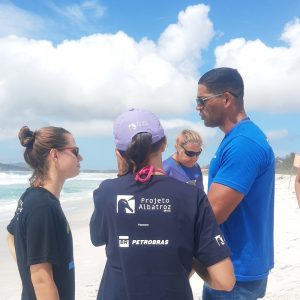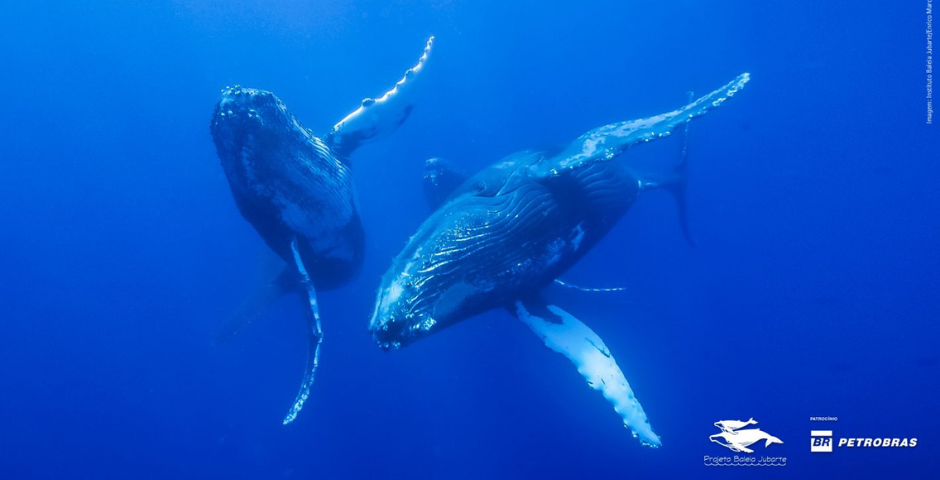Challenge
Brazil faces significant challenges in the socio-environmental landscape. According to the Luz Report until July 2021, the country had not shown satisfactory progress in any of the 169 targets of the 17 Sustainable Development Goals of the UN’s 2030 Agenda established in 2015. Given the potential impact, it is crucial for the business sector to commit to improving its positive impact on communities and the environment and to communicate its socio-environmental initiatives. This will contribute to a more sustainable and equitable Brazil.
In this context, Petrobras has launched the Social and Environmental Program, whose main objective is to promote partnerships, strengthen ties, and generate mutual benefits. This program offers an opportunity to respect the social, environmental, territorial, and cultural rights of local communities, producing positive outcomes in socio-environmental issues that are relevant both to the company’s business and to society.
To reinforce its commitment to evaluating the projects supported by the Social and Environmental Program (SEP), the company has partnered with IDIS to conduct impact assessments. These assessments aim to report the social investments’ results to stakeholders, identify elements that can enhance the positive social and environmental impacts of the projects, and align the SEP’s social investment portfolio more effectively with the company’s strategy.
Em 2023, Petrobras also sought to further enhance its understanding of initiative outcomes. With support from IDIS, they revised and developed more suitable indicators to measure the results and impact of their social responsibility activities, aiming to better align them with the company’s strategic objectives.
Solution
To meet the demand, IDIS explored various methodologies for assessing socio-environmental impact. Considering the specificities of the program’s project portfolio, the availability of information, and the feasibility of the proposed approaches, IDIS adopted two types of assessment: the SROI (Social Return on Investment) protocol and Cost-Benefit Analysis (ACB). Additionally, some elements of the SROI protocol were incorporated to make it more suitable for projects with an environmental focus.
Both approaches involve quantifying the impacts generated by each project and calculating the return for both society and the environment.
Results
Over a period of three years, with the support of IDIS, the company has already assessed or is in the process of assessing 39 projects in its portfolio. Among these, six projects were completed in 2023. During this process, notable positive environmental impacts were identified, including the storage and sequestration of thousands of tons of CO² from the atmosphere, resulting from actions such as reforestation, conservation of endangered species, productive inclusion, and increased environmental awareness among diverse audiences.
Furthermore, significant social impacts were highlighted, such as increased self-esteem, improved academic performance, expanded cultural knowledge, and more promising future prospects for children and adolescents in vulnerable situations in various regions of the country.
The evaluation process not only improved the dialogue between the funder, executing teams, and beneficiaries but also provided crucial insights for a more in-depth strategic reflection on the socio-environmental impacts generated by the projects supported by the SEP.
ODS
About the Organization
The Petrobras Social and Environmental Program aims to promote the development of partnerships, the strengthening of bonds, and the generation of mutual benefits, enabling respect for the social, environmental, territorial, and cultural rights of local communities and populations while producing positive outcomes in socio-environmental topics relevant to the company’s business and society. The program currently operates through four lines of action: education, sustainable economic development, ocean, and climate.












